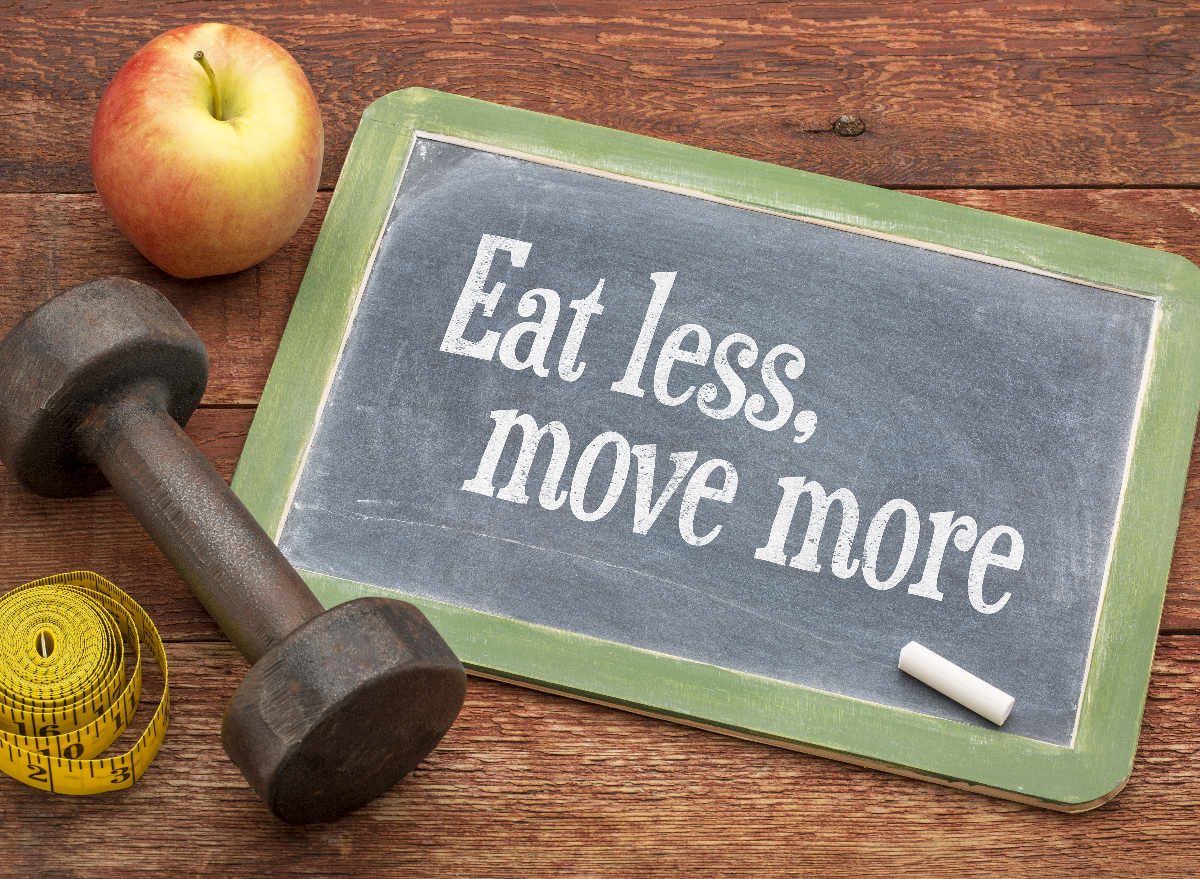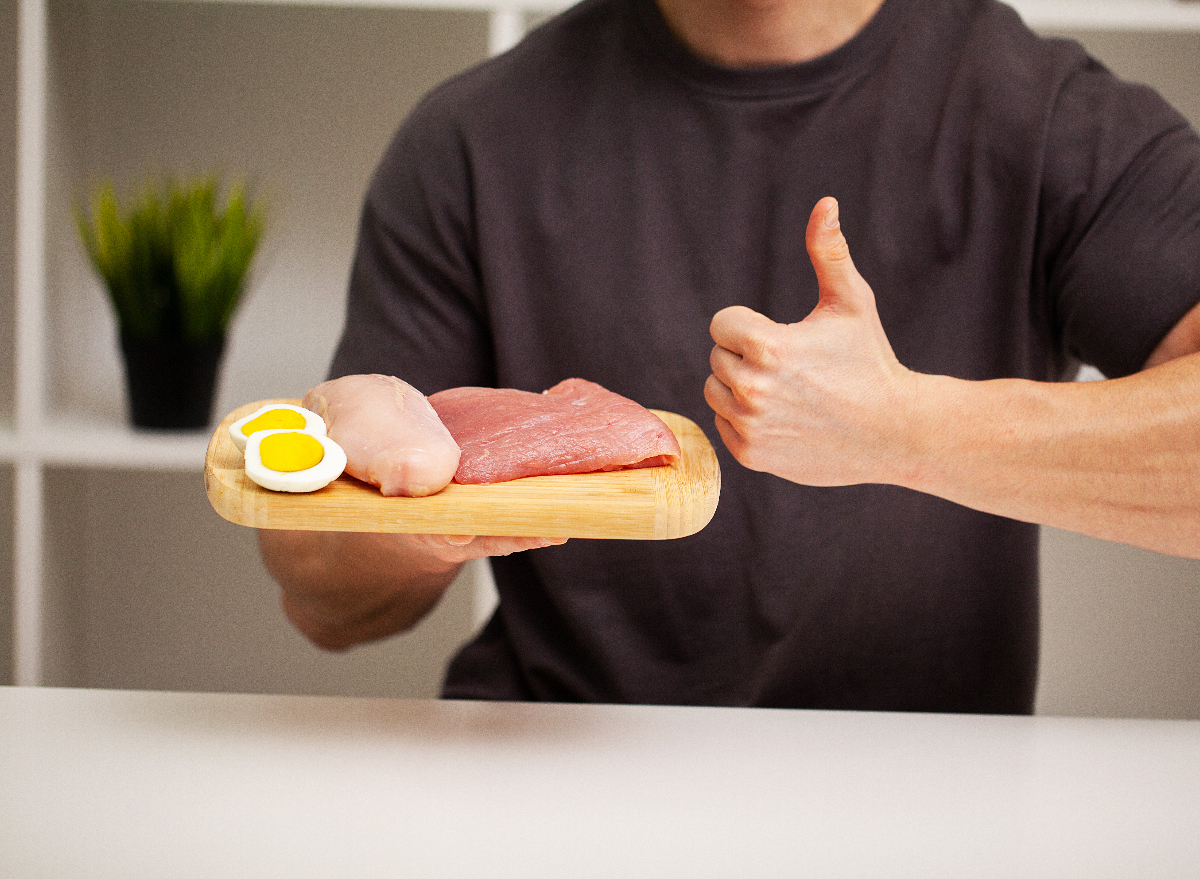In the realm of fitness and nutrition, there has been a significant discussion about the possibility of building muscle while in a calorie deficit, which means consuming fewer calories than your body burns. Traditionally, it was believed that you needed to eat more calories to build muscle. However, incorporating resistance training and protein into your routine can enable you to gain muscle while losing weight.
This article delves into the importance of diet and exercise and provides insights on how to maximize muscle growth even when you are cutting calories.
Understanding the Mechanism of a Calorie Deficit


A calorie deficit occurs when you consume fewer calories than your body expends, resulting in weight loss. This deficit forces your body to utilize stored energy sources like fat to compensate for the shortage, leading to gradual weight reduction over time.
To achieve a calorie deficit, you can reduce your calorie intake through diet, increase your calorie expenditure through physical activity, or ideally, combine both approaches. It is essential to maintain a moderate calorie deficit to prevent adverse effects such as muscle loss or nutrient deficiencies. Monitoring your calorie intake and expenditure can assist you in staying on course and achieving your weight loss objectives safely.
Is Muscle Gain Possible in a Calorie Deficit?

Building muscle while in a calorie deficit poses a challenge as it necessitates meticulous attention to nutrition and training. In such a state, the body may lack the energy and nutrients required for optimal muscle growth. Nevertheless, several crucial factors can impact the feasibility of muscle gain in a calorie deficit.
Adequate protein intake is essential, with recommendations varying from 1.6 to 2.2 grams per kilogram of body weight per day. Consistent resistance training is also vital as it promotes muscle growth through progressive overload, steadily increasing workout intensity. Furthermore, emphasizing nutrient-dense foods is crucial to ensure sufficient vitamin and mineral intake for muscle function and recovery.
Although muscle gain in a calorie deficit is achievable, progress typically proceeds at a slower pace than in a calorie surplus. Various factors like training experience, genetics, and the extent of the deficit can influence the rate of muscle gain under such circumstances.
Steps to Foster Muscle Growth in a Calorie Deficit:

Developing muscle in a calorie deficit demands meticulous planning and adherence to specific strategies to optimize muscle growth while encouraging fat loss. Here are steps to assist you in achieving muscle growth while in a calorie deficit:
1. Prioritize protein: Ensure adequate protein intake to support muscle growth and repair. Aim for approximately 1.6 to 2.2 grams of protein per kilogram of body weight daily.
2. Engage in strength training: Participate in regular resistance training sessions, incorporating weightlifting or resistance bands to challenge your muscles. Strive for at least three to four sessions per week.
3. Implement progressive overload: Continuously challenge your muscles by progressively increasing the weight, reps, or intensity of your workouts over time. This principle of progressive overload is crucial for stimulating muscle growth.
4. Emphasize compound movements: Include compound exercises like squats, deadlifts, bench presses, rows, and overhead presses in your workout routine. These exercises engage multiple muscle groups and are more effective for building muscle mass.
5. Time your nutrients: Consume a balanced meal containing protein and carbohydrates around your workouts to support muscle repair and recovery.
6. Ensure ample rest: Get sufficient quality sleep each night to facilitate muscle recovery and growth.
7. Monitor progress: Regularly track your progress by observing changes in strength, muscle size, and body composition. Adjust your approach as necessary to continue progressing towards your goals.
8. Maintain consistency: Consistency is key to building muscle in a calorie deficit. Adhere to your nutrition and training plan consistently over time to witness results.
In conclusion, building muscle in a calorie deficit is feasible, albeit requiring a more nuanced approach compared to being in a calorie surplus. By prioritizing protein intake, engaging in consistent strength training, focusing on progressive overload, and ensuring adequate rest and recovery, you can effectively stimulate muscle growth while promoting fat loss.
Although progress may be slower than in a surplus, with patience and dedication, you can achieve your muscle-building goals even while in a calorie deficit.

